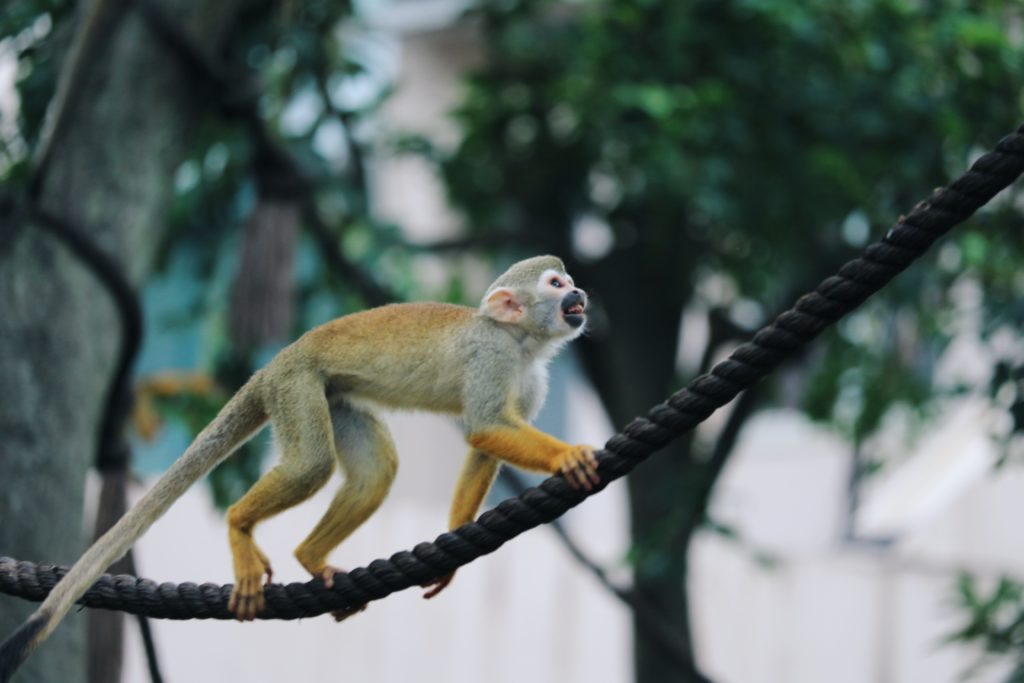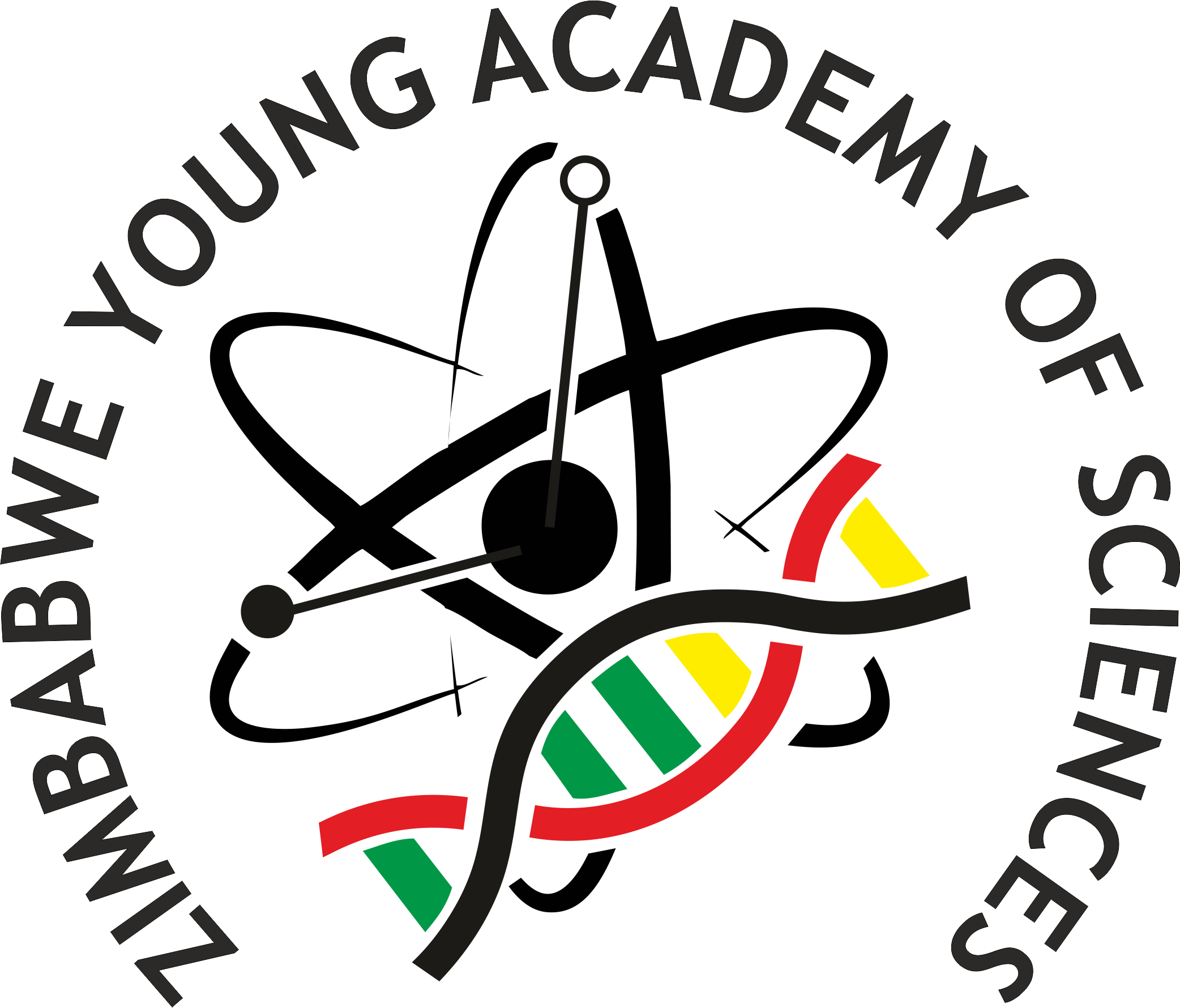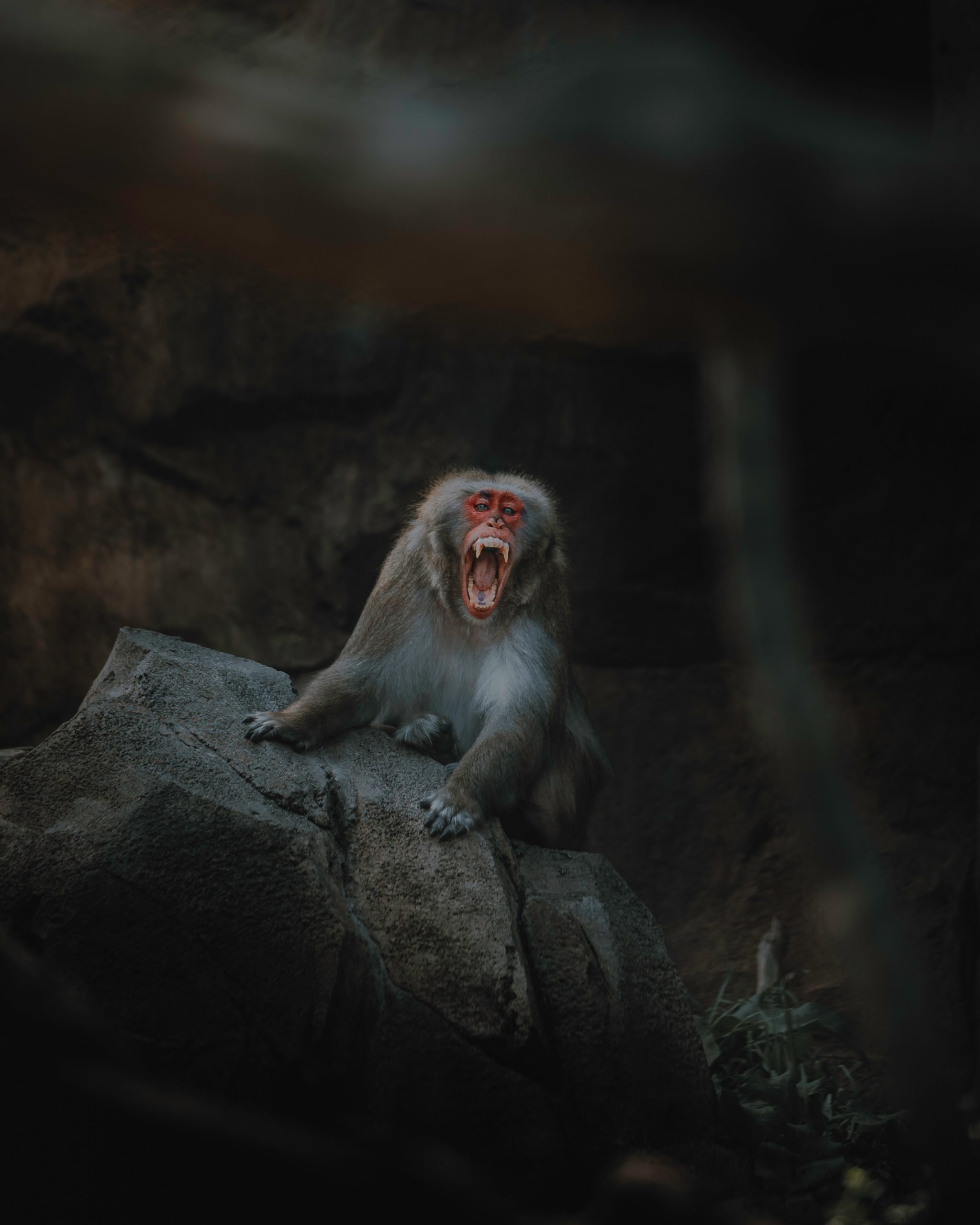In the African savanna, there exists an astute and communal creature, the monkey, which demonstrates a remarkable strategy when it comes to foraging for food. As a troop of monkeys descends upon a farm to raid its crops, they always leave a young monkey perched high upon the tallest tree branch. The young monkey’s role is not an act of mischief, but one of vital importance.
From its elevated position, it can see further than any other member of its troop. It spots approaching storms, observes the unsuspecting farmer working his fields, and detects rival monkey troops encroaching from a distance. Upon witnessing these events, the young monkey calls out to its troop below, and it will not cease until its voice is acknowledged.
This story of the young monkey and its role within its troop provides a compelling analogy for the value of young scholars within the realm of science and technology, particularly in developing countries like Zimbabwe. Like the vigilant young monkey perched in the treetops, young scholars occupy positions at the cutting edge of their research fields. Their voices need to be heard, signalling potential risks, opportunities, and fresh directions for scientific exploration.
The Zimbabwe Young Academy of Sciences (ZIMYAS) serves as this metaphorical treetop perch. Established as an independent, cross-disciplinary platform by the Zimbabwe Academy of Sciences, the Ministry of Higher and Tertiary Education, Science and Technology Development, and the Research Council of Zimbabwe, ZYAS aims to nurture research excellence by fostering scientific capacity building, promoting interdisciplinary collaborations, and contributing to societal development. In doing so, ZYAS empowers young scholars to speak out with purpose and passion.
By recognizing and amplifying the voices of these young scholars, we can help steer an entire nation away from potential pitfalls and towards a brighter future. A relevant ChiShona proverb states, “Mwana asinga cheme anofira mumbereko” – a child that doesn’t cry will die on their mother’s back. Young scholars have a responsibility to make their voices heard, not out of self-interest, but out of a genuine desire for progress and prosperity.
These young scholars, like the young monkey calling out from its vantage point, can leverage science and technology for social, economic, and environmental development. They speak up when they see potential threats, point out promising paths, and demand equitable opportunities. Their voices are essential for guiding their countries towards a sustainable and successful future.
Recommendations

The story of the young monkey offers a compelling metaphor for the untapped potential of young scholars in Zimbabwe. Just as the monkey troop relies on the young monkey’s unique perspective, academic and research institutions in Zimbabwe can similarly benefit from the insights and expertise of their young scholars. Here are some recommendations for the Research Council of Zimbabwe, universities, the Zimbabwe Academy of Sciences, and the Ministry of Higher and Tertiary Education, Science and Technology Development:
- Branching out through direct communication: Just as the young monkey calls out to its troop, establish clear channels of communication between ZIMYAS and academic and research institutions. This will facilitate the sharing of ideas, updates, and insights, building a stronger partnership for mutual growth and development.
- Climbing higher by including ZIMYAS members in decision-making: Invite ZIMYAS members to join boards and councils, such as the Zimbabwe Academy of Sciences board and the National Manpower Advisory Council. Like the young monkey guiding its troop from above, these scholars can offer fresh perspectives and valuable expertise to help shape the nation’s future.
- Strengthening the canopy with a liaison officer: Designate a contact person within the Ministry of Higher and Tertiary Education, Science and Technology Development who can act as a bridge between ZYAS and the Ministry. This liaison will help ensure that the voices of young scholars are heard, just as the young monkey’s calls alert its troop to impending threats or opportunities.
- Nurturing growth through capacity-building consultation: Engage ZIMYAS members in the planning and implementation of capacity-building initiatives at universities and research institutions. Just as the young monkey’s keen eyes help its troop adapt to changing circumstances, these scholars can offer valuable insights to ensure that capacity-building programs address the needs of early-career researchers.
- Sowing the seeds of sustainability with financial support: Provide financial backing for ZIMYAS, as relying solely on self-funding from early-career members hampers the organization’s ability to thrive. By investing in ZIMYAS, institutions can empower young scholars to take flight and soar to new heights, just as the young monkey ascends to its watchtower in the trees.
- Cultivating collaboration among the leaves: Encourage partnerships between ZYAS members and experienced researchers from universities and other research institutions. Like the synergy between the young monkey and its troop, this cross-pollination of ideas will create a vibrant and innovative research environment, driving progress and discovery.
Drawing inspiration from the young monkey’s role as a sentinel, Zimbabwe’s academic and research institutions can forge stronger connections with the Zimbabwe Young Academy of Sciences by embracing these recommendations. Together, they can scale new heights in scientific advancement, sustainable development, and national prosperity, guided by the watchful gaze of their young scholars from the treetops of progress.
Edmond Sanganyado is an award-winning academic, environmental scientist, and writer who graduated from the University of California Riverside. He is interested in chess and nhodo.


